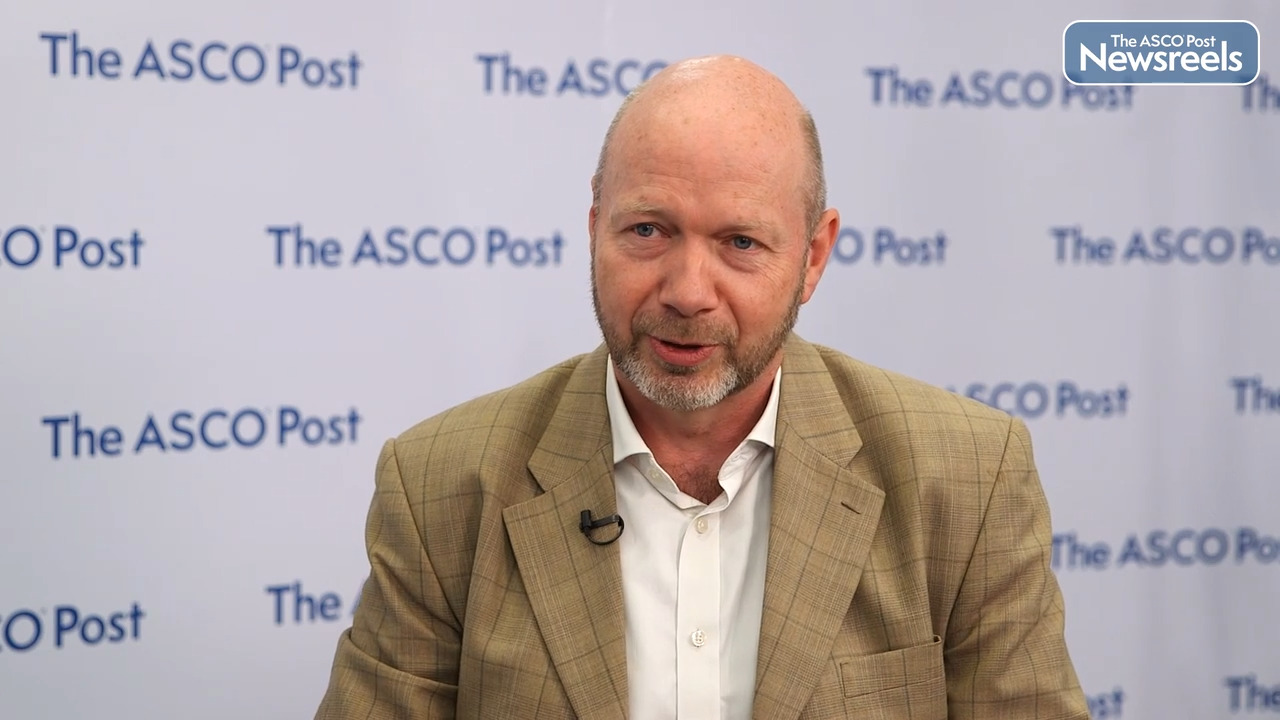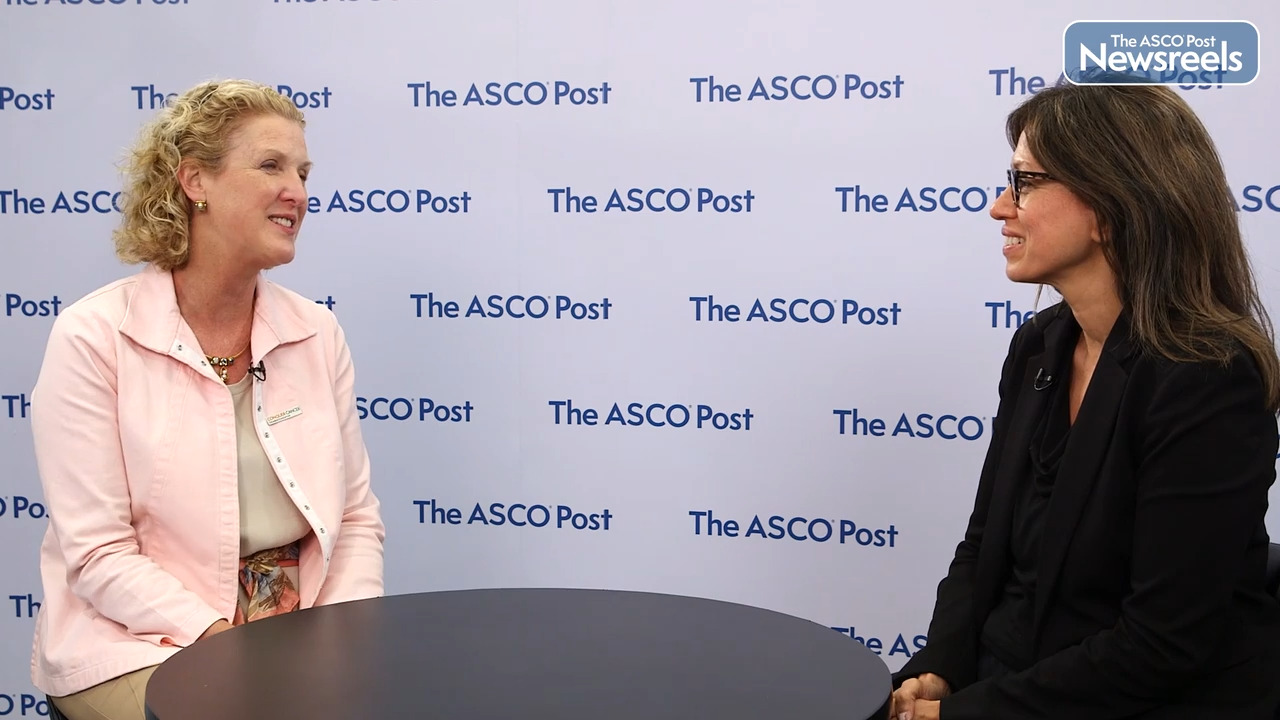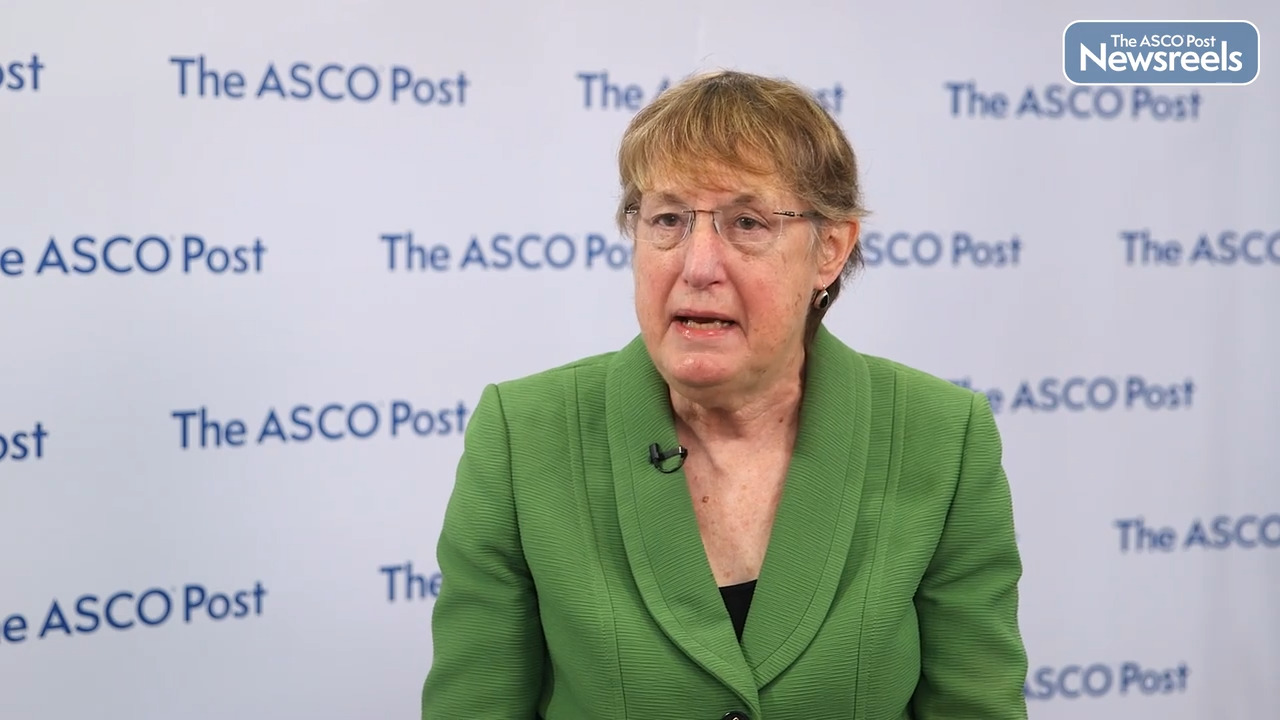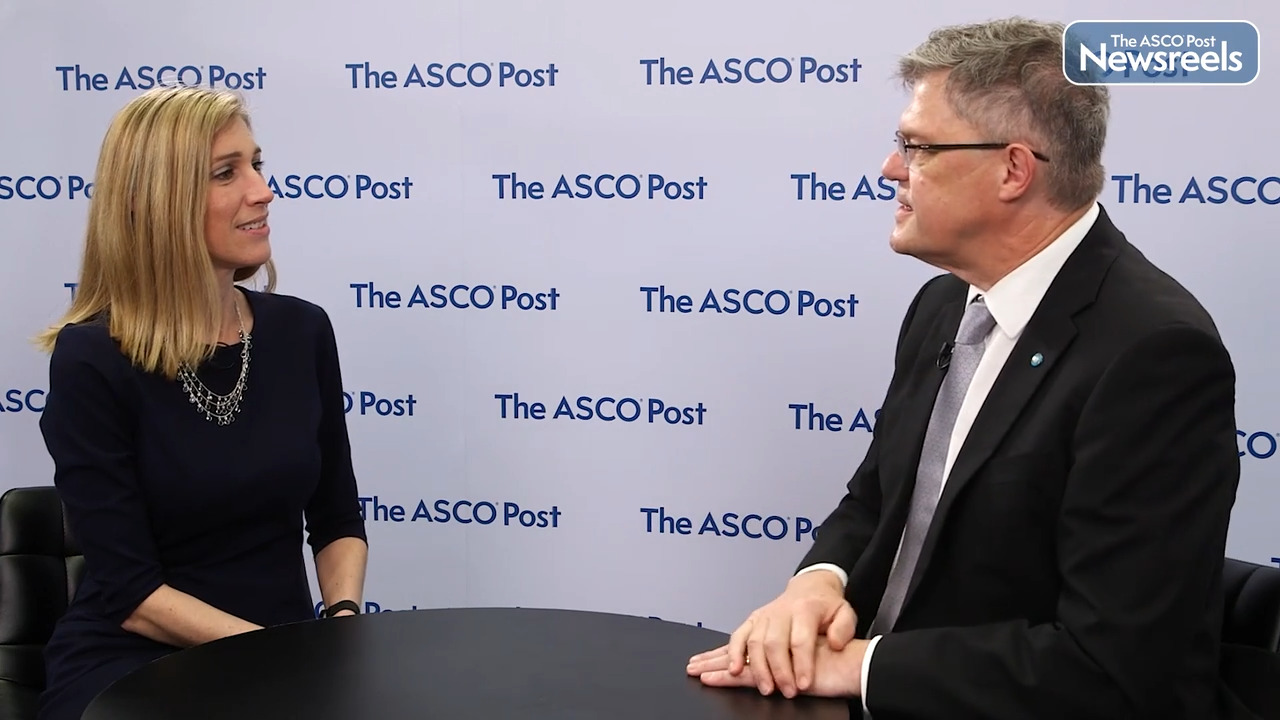Transcript
Disclaimer: This video transcript has not been proofread or edited and may contain errors.
Cancer related fatigue is a significant symptom among patients with advanced cancer. Usually the fatigue has significant impact on the patient's quality of life, their ability to do their social activities, and their ability also to get cancer treatment. And unfortunately, there are very limited treatments for the treatment of cancer related fatigue. Right now, physical activity is one best evidence based treatment. Unfortunately, the adherence in advanced cancer is limited, and also it is having a limited impact on all the causative factors of cancer related fatigue. There are several pharmacological treatments started investigated for the treatment of cancer related fatigue, but unfortunately most of the studies were mixed, and there is no FDA approval for the treatment or pharmacological treatment of cancer related fatigue. One of the reasons being is that a single agent doesn't really target all the causative factors. The other reason is that a lot of times when the clinical trials for pharmacological agents are done, they use placebo. When placebo is used, usually there is a good response for not only the pharmacological agent, but also for the placebo. Hence, most of the studies are negative. That's the reason we have conducted a randomized controlled trial using the placebo. The placebo was given in a non-hidden format, that is open label format, that the patient knows that the patient is receiving the placebo. We used a wait list control. That is the patient who is on the wait list control will wait for another week before they get the open label placebo. When we compared these two at the end of eight days, basically the patient has significant improvement of fatigue in the open label. When we asked the patients in the wait list arm to also get the open label placebo after day eight, both the open label placebo and the wait list arm received the open label placebo until one month. At the end of the one month still, there was a significant improvement of fatigue in both these arms after receiving the open label placebo. When we looked at other outcomes, in addition to fatigue, like the fatigue cluster, which is the combination of fatigue, depression, and pain, there's also significant improvement of the fatigue cluster. We also looked at quality of life, both the if fatigue disrupted quality of life, and the general quality of life. There was improvement of fatigue disrupted quality of life, but there was no significant difference compared to the wait list arm compared to in the open label placebo arm. The generalized quality of life was not significantly different in both the arms. Actually, it was better in the wait list arm. The main reason for this difference is that the message was mainly focused when we are trying to give the study in regards to the fatigue rather than other quality of life measures. Hence, there was an improvement in fatigue compared to other quality of life measures. The significance of this study is that the open label placebo, and the format, actually is feasible in advanced cancer patients, and that it significantly improved fatigue. The other important thing is that the improvement of the open-level placebo is as much, or more better, than other pharmacological agents used for fatigue, like the Methylphenidate and the Erythropoietin that was used previously. The other important thing is that the open label placebo had message dependent improvement. That is the improvement of fatigue was mainly focused on fatigue rather than other quality of measures. That has implications for the future thing. What is the implication for general practice? You can use open-level placebo in general practice, as long as you are able to start the open-level placebo and work up on the other causative factors of fatigue. The other important thing is in the clinical trials, you need to account for the placebo effect, while at understanding the effects of various pharmacological agents for fatigue. Lastly, the most important thing is that you can use placebo as one of the interventions to add on to the pharmacological agents to treat fatigue. It can be an adjuvant or add-on treatment in addition to the pharmacological treatment. These three are most important implications of this study.





